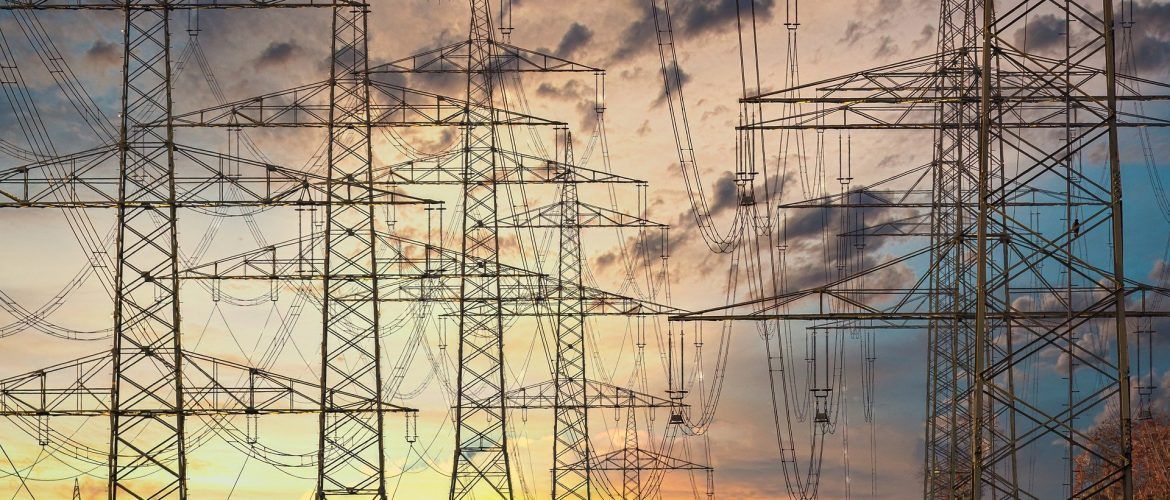Electrical Engineering in Industrial Plants
- Posted by: Martín Torres
- Category: Electrical Engineering

We can assert that Electrical Engineering is one of the most abstract branches of all engineering, and maybe because of that, it is hard to understand and study. However, with a suitable training, it is possible to be immersed in the electrical engineering world and understand its role in the design of industrial plants.
Electricity is a branch of physics that allows the study of electrical phenomena through equations and laws. But electrical engineering is not only the mathematical analysis of those laws but also requires general knowledge about mechanical, chemistry, and material science, all of them needed to properly select, size and utilize the electrical equipment and materials.
In an electrical system, the electricity is generated in what we call “a source”. It can be a battery, a solar panel, or an electrical generator. Once electricity is generated, it has to be conducted to the final users or loads (motors, heaters, etc). To do that, a transmission and distribution system has to be created to feed the loads in a safety and reliable way but without losing sight of the essential aspects like economic and security.
The main goal of electrical engineering in the design of an industrial plant is to develop a system to provide a continuous and good quality supply to all those loads that require electrical energy, allowing a constant process production flow.
In the industry, it is required to have adequate electrical installations, which allow the process to be developed with normality. Any power supply failure that generates a production loss will unavoidably lead to economic losses that can reach millions of euros. Due to that, aspects like safety, simplicity, flexibility, reliability, maintenance and future expansion are essential to managing a proper electrical design in industrial plants.
An electrical system fault implies not only production loss but also accidents and serious damage to the installations and human beings.
Industrial plants need electricity, not only for lighting and loads like motors or heaters but also to feed auxiliary systems required to facilitate, optimize and automate the production systems.
The electrical engineering scope in the design of an industrial plant is not only to design and develop the generation, transmission, distribution and loading system but also to provide:
- Electrical and mechanical protective systems
- Other protective systems like grounding and lightning
- Automation and control systems like automatic transfer systems, emergency system starting.
- Electrical remote operation and monitoring systems
- Proper load distribution among all panelboards to reach the correct reliability and functionality of the plant
- An appropriate selection and sizing of equipment and materials
- An adequate layout and equipment arrangement to allow functionality, maintenance and future expansion.
- An optimal lighting system that benefits the plant operation
When an industrial plant electrical system is designed, the complexity and technological level must be assessed based on quantifying the production loss generated when the electrical system fails, either by an internal failure or by an external power supply loss.
But not only production lost risk must be evaluated, risks to machines and human beings must be taken into account also when the electrical system is defined.
When electrical engineer designs and sizes an industrial plant, not only the CAPEX has to be taken into account, but also a joined work along with operational people and the rest of disciplines and departments related to the process has to be done to define the OPEX.



 WhatsApp
WhatsApp